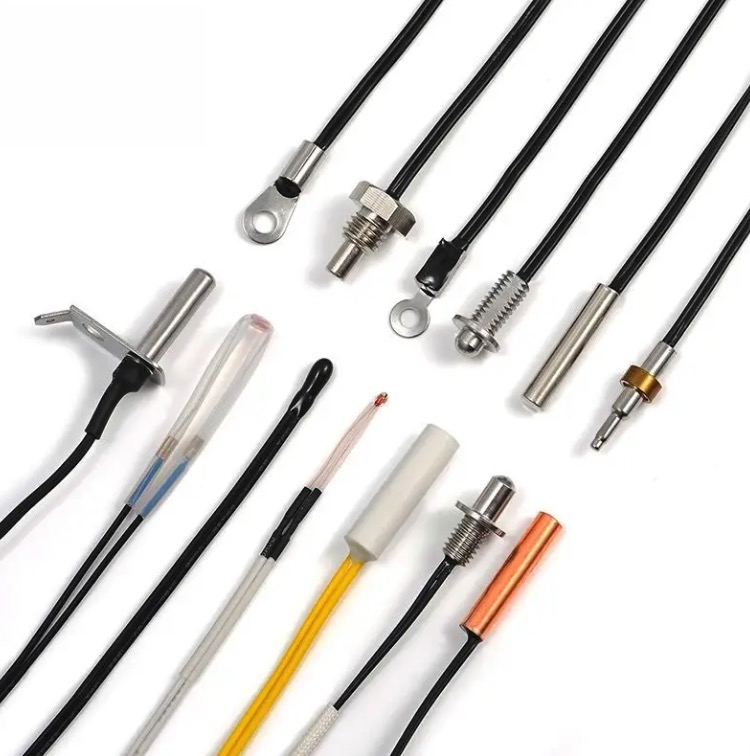NTC Thermistor: Introduction, Applications, and Benefits
Table of Contents
Introduction
NTC thermistors, short for Negative Temperature Coefficient thermistors, are temperature-sensitive resistors. They exhibit a decrease in resistance as the temperature rises. This unique characteristic makes them ideal for various applications where temperature sensing or control is required.
Applications
NTC thermistors find widespread use in different industries and technologies due to their reliable temperature-sensing capabilities. Some common applications include:
- Temperature measurement and control in electronic devices such as smartphones, laptops, and home appliances.
- Thermal protection in electric motors and transformers.
- Temperature compensation in precision circuits and components.
- Medical devices like thermometers and incubators.
Benefits
The advantages of using NTC thermistors include:
- High sensitivity to temperature changes, allowing for accurate measurement and control.
- Compact size and easy integration into various electronic systems.
- Wide temperature range coverage suitable for different operating conditions.
- Cost-effective compared to other temperature sensors.
- Stability and reliability in harsh environments.
Conclusion
In conclusion, NTC thermistors play a crucial role in temperature sensing and control across numerous industries and applications. With their unique characteristics and benefits, they continue to be an essential component in modern technology, providing accurate and reliable temperature measurements.




